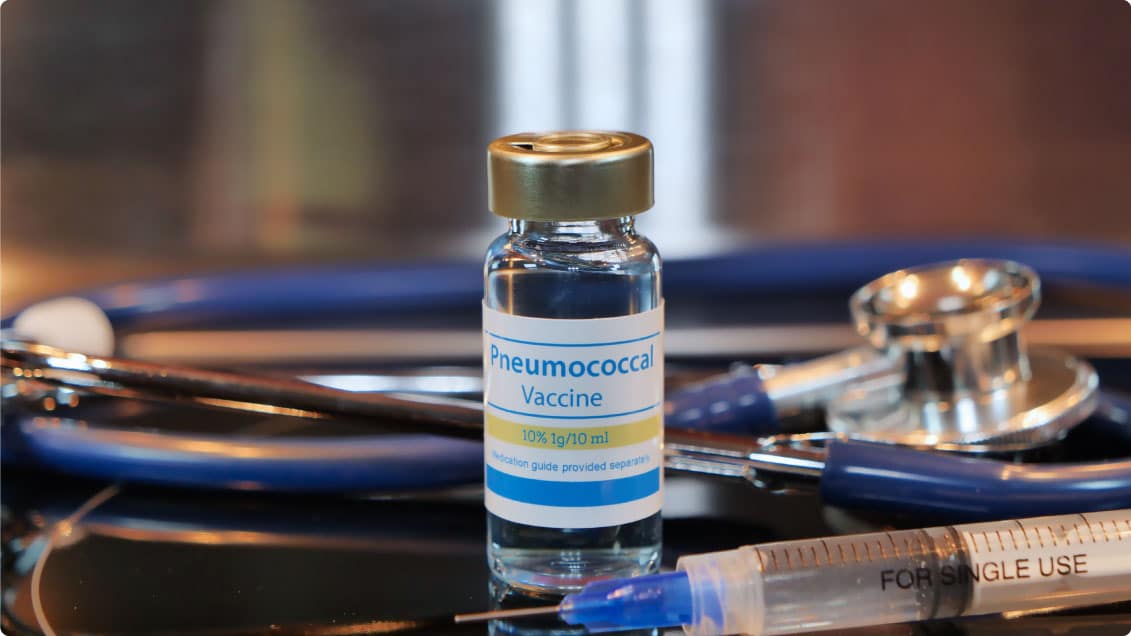We all know what it means to feel anxious. Some types of anxiety – like the fear of taking a test, going to the dentist, or trying a new skill for the first time are not only healthy and normal, but can actually be helpful. A small level of stress can cause us to work harder and smarter, and can make the payoff of a difficult action more meaningful.
However, some kinds of anxiety go beyond the small, helpful doses that we can easily overcome. When anxiety becomes overwhelming, or when you feel anxiety over small, everyday things that you objectively realize should not cause anxiety, then you may have an anxiety disorder.
Anxiety disorders are serious and can interrupt your life in significant ways. Depending on the severity of your anxiety, it may prevent you from forming relationships, maintaining a job, or living a healthy, productive life.
Learn more about anxiety here.
Anxiety Disorders in the United States
More than 44 million American adults suffer from anxiety disorders. In fact, anxiety disorders are the most common type of mental illness in the United States. Women are more likely than men to suffer from anxiety disorders, with the largest percentage of patients being between the ages of 18-44.
About 43.5% of people with anxiety disorders consider themselves to be minimally impaired by their disorder. Another 33.7% are moderately impaired, and 22.8% experience serious impairment.
The Different Types of Anxiety Disorders
When most people talk about “anxiety,” they are referring specifically to one of many anxiety disorders. These disorders can vary in severity and symptoms. They include, but are not limited to generalized anxiety disorder, panic disorder (which is often linked to panic attacks), agoraphobia (the fear of being outside with people), separation anxiety, social anxiety, and phobias (irrational and all-consuming fears of everything from spiders and small spaces to the number 13 and the rain).
Anxiety is not the same as depression, though the two often go hand in hand.
What Causes Anxiety?
Anxiety disorders arise in adults and children as a result of a combination of factors, including family history, personal experience, brain chemistry, and personality. For instance, one person may develop claustrophobia after being stuck in an elevator as a child, while another person may develop generalized anxiety disorder as a result of their genetic predisposition to the illness.
Substance abuse is often linked to mental illness, including anxiety disorders, though it’s unknown whether substance abuse increases the risk of mental illness or vice versa. Of the 20.2 million American adults who abuse substances, roughly 50% also have a mental illness.
Because the sources of anxiety disorders vary so much from one person to the next, determining the exact cause can often be difficult.
What are the treatments for anxiety?
Treatment for anxiety disorders is readily available and can be tailored to each individual’s unique needs. But even with easy access to treatment, only an estimated 36.9% of people with anxiety disorders seek out and receive treatment. This is likely due to the difficulty in diagnosing anxiety disorders as well as a widespread stigma associated with mental illness in the United States.
Self-treatment: For people with mild anxiety symptoms, self-treatment may be an option. Self treatment options include things like meditation, the Emotional Freedom Technique (EFT) aka tapping, getting enough sleep at night, proper exercise, avoiding anxiety-inducing situations, journaling, and talking to a friend about your anxiety. This form of treatment can be supplemental to other treatment options, or used as the only form of treatment. For patients with more serious anxiety disorders, professional treatment is recommended in conjunction with self-treatment.
Counseling: If the anxiety disorder is a result of a traumatic experience, counseling may be an effective treatment option. Counseling can help a patient relive the traumatic experience in a safe environment and analyze why it impacted them so much. They may also be able to work through their feelings of anxiety with the counselor to identify ways to manage anxiety on a daily basis.
Medications: There are four primary types of medication used to treat anxiety disorders. These include Selective Serotonin Reuptake Inhibitors (SSRIs), Serotonin-Norepinephrine Reuptake Inhibitors (SNRIs), Benzodiazepines, and Tricyclic Antidepressants. Anxiety medications can have serious side effects and should only be taken under the supervision of a medical professional, preferably accompanied by counseling.
Prevention: There is no way to explicitly prevent anxiety disorders from forming, but you can take steps to prevent yourself from experiencing an attack and managing your symptoms on a regular basis. Preventative measures include limiting your intake of stimulants like coffee, tea, and chocolate, maintaining a healthy diet, getting regular exercise, and sleeping at least 8 hours every night. Together, these preventative measures will give you the best chance of managing anxiety on a daily basis.
If you are concerned that you or someone you love may be suffering from anxiety, contact Peninsula Doctor. Peninsula Doctor specializes in preventative and diagnostic medical care and can address this and any other medical related questions you may have.



